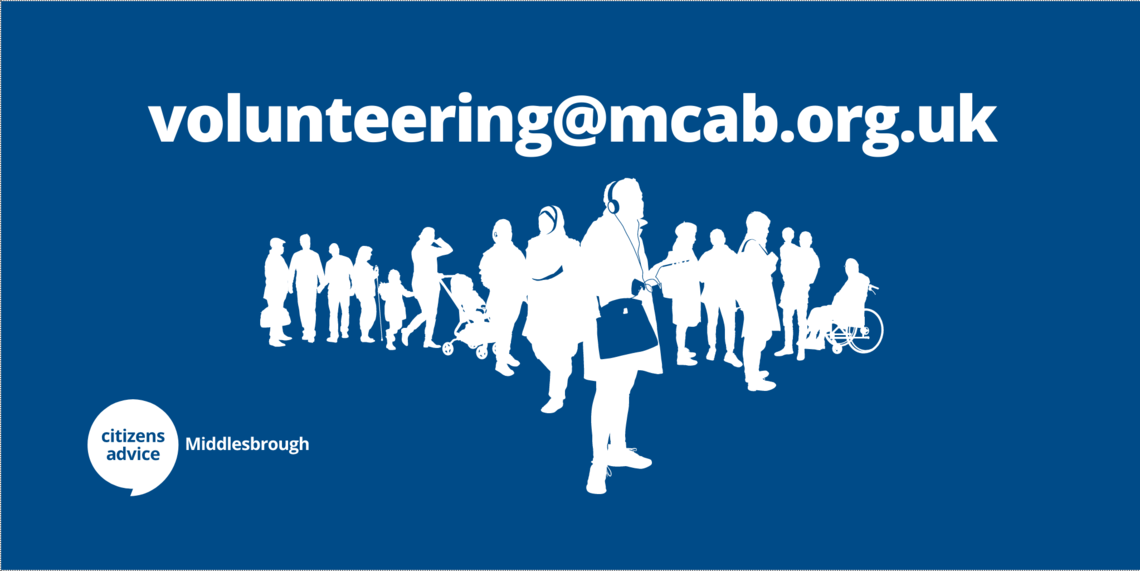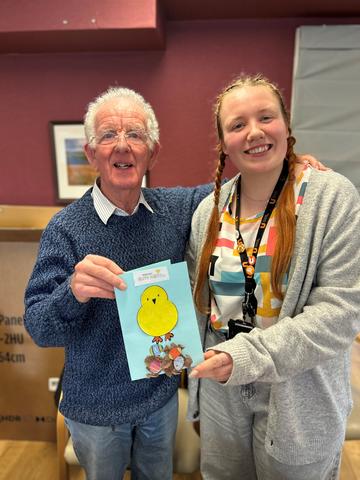A generalist adviser sees clients who have been assessed as needing further help to explore and resolve their problems.
Being an adviser is a very varied role. As an adviser you will:
- Interview clients via email, over the phone or in person
- Give information from the Citizens Advice information system and other sources
- Give advice in explaining the choices and consequences the client faces
- Give practical help by writing letters, making phone calls, completing forms, doing calculations, and even representing clients at tribunals
- Refer clients to other agencies if they are better placed to help
- Keep records of all clients’ cases
- Prevent future problems by identifying issues that affect a lot of clients
Support every step of the way
Advisers don’t need to know it all! We provide all trainee advisers with a comprehensive accredited training programme that will give you the skills you need to deliver a high-quality service to clients. Your training will include online learning, class-based courses via video conferencing and the option to “observe” by listening in to phone calls as well as in person.
Our up-to-the minute electronic information system contains most of the information you will need when advising clients.
Once you have qualified as an Adviser, you will have the opportunity to develop further skills and increase the depth and breadth of your knowledge.
We expect our Advisers to commit to a minimum of 8 hours per week whilst training and 1-2 days per week when advising (times to be mutually agreed). During the initial training period you will observe client work as well as using self-study packs to increase your understanding of the role.
Similar Opportunities

We're looking for volunteers to support PAPYRUS in raising awareness of suicide prevention and the work we do, e.g. our helpline, HOPELINE247. Volunteers will be expected to raise awareness in their own local community e.g. Teeside Uni/Stockton
As a Volunteer Driver you will offer your time to transport a diverse client group using your own vehicle. Our client group includes passengers who will be referred through community groups and local organisations or statutory services.

Review our Partner Museums or highlight objects and exhibitions to promote on S&DR26 miles social media channels - which may also be picked up by the museums themselves. No training given, flexible role, done individually or in small groups


